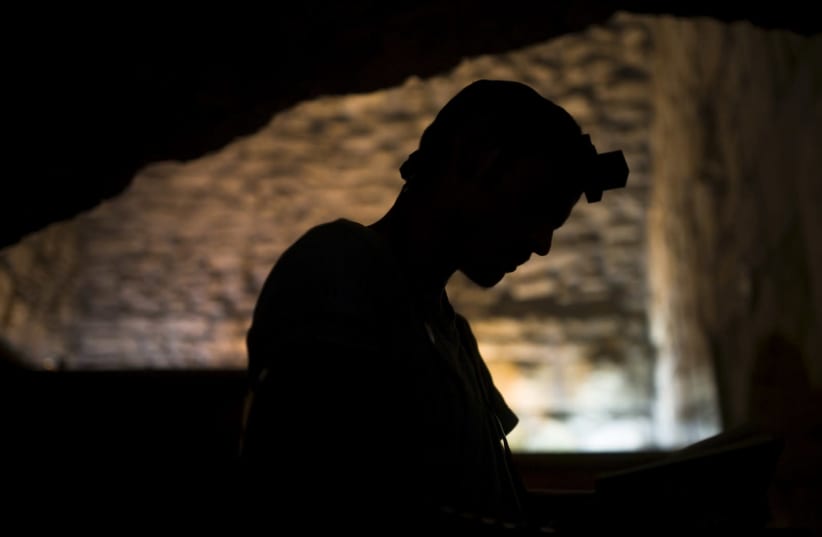At 6:03 p.m. on May 10, the evening of Jerusalem Day, air raid sirens wailed across Jerusalem signaling incoming rocket fire. Amid escalating tensions between Israel and the Palestinians, Hamas fired the first of what would be more than 4,000 rockets into Israel from Gaza. In response, Israel launched an 11-day military campaign – Operation Guardian of the Walls – targeting Hamas terrorist infrastructure in Gaza.
Echoes of these events reverberate in Jewish history far beyond the repeated conflicts between Israel and Hamas of recent years. On the 17th Tamuz in the Hebrew calendar we mark the day on which the walls of Jerusalem were breached by the Romans in 69 CE after a lengthy siege, beginning the three weeks of mourning leading up to 19th of Av, Tisha Be’Av. In commemoration of this tragic moment, we spend the day refraining from eating and drinking and reciting the kinot prayers at synagogue services.
This is not the only disaster which occurred on 17th Tamuz in our people’s history. On this date, Moses descended from Mount Sinai with the holy tablets, only to be greeted by the sight of the Jewish people worshiping the Golden Calf, causing him to smash the tablets in front of their eyes. This proved to be the first sign that the Jewish people’s journey from newly liberated slaves to the inheritors of the Land of Israel was to be a long and difficult one.
The historic events of 17th of Tamuz center around these initial breaches and warnings of bigger problems to come. But how many of us take stock when the first breach into our lives happens? How many of us choose to ignore the warning signs – however dramatic – and carry on as normal, simply because that’s the easiest thing to do?
The reality is that many of us are wired as creatures of habit. Change doesn’t come naturally to us, even when circumstances around us are evolving rapidly. We saw this at the onset of the global pandemic last year. The few countries that acted quickly to shut their borders from travelers in virus hot spots prevented the worst outbreaks occurring during the first wave. Those that chose to continue to allow international travel were hit the worst of all. This difference in reactions became a matter of life and death.
For the Jews of ancient Israel, the breach of the Temple’s walls after a long siege was the signal that the period of bitter infighting among the Jewish people was coming to a terrible climax. But it wasn’t too late. The opportunity to repent, mend their ways and unify in defense of the most important facet of Jewish life – the Temple – remained open. Sadly, they did not heed this call and the ultimate destruction of the Temple occurred shortly after.
Nowadays, protecting the walls of our holiest city and beyond is not a task just for Israel’s military, security forces or political leadership. It is the responsibility of each and everyone of the Jewish people. On the 17th of Tamuz in 69 CE, the walls of the Second Temple were breached, but it was the sinat hinam, baseless hatred, rife among the Jewish people that had torn them apart that proved to be the ultimate cause for the destruction of the Temple.
Before any walls are breached beyond return in our own times, let’s take stock of what we lost last time, begin a period of national and communal healing, and start to prioritize baseless love over baseless hatred.
The writer is the co-founder of Israel Impact Partners, optimizing non-profits on behalf of leading philanthropists. He was previously the CEO of Mosaic United, a large joint-venture partnership between the government of Israel and philanthropists to improve Jewish identity globally and was the dean of Moriah College of Sydney, Australia, one of the largest Jewish schools in the world.
